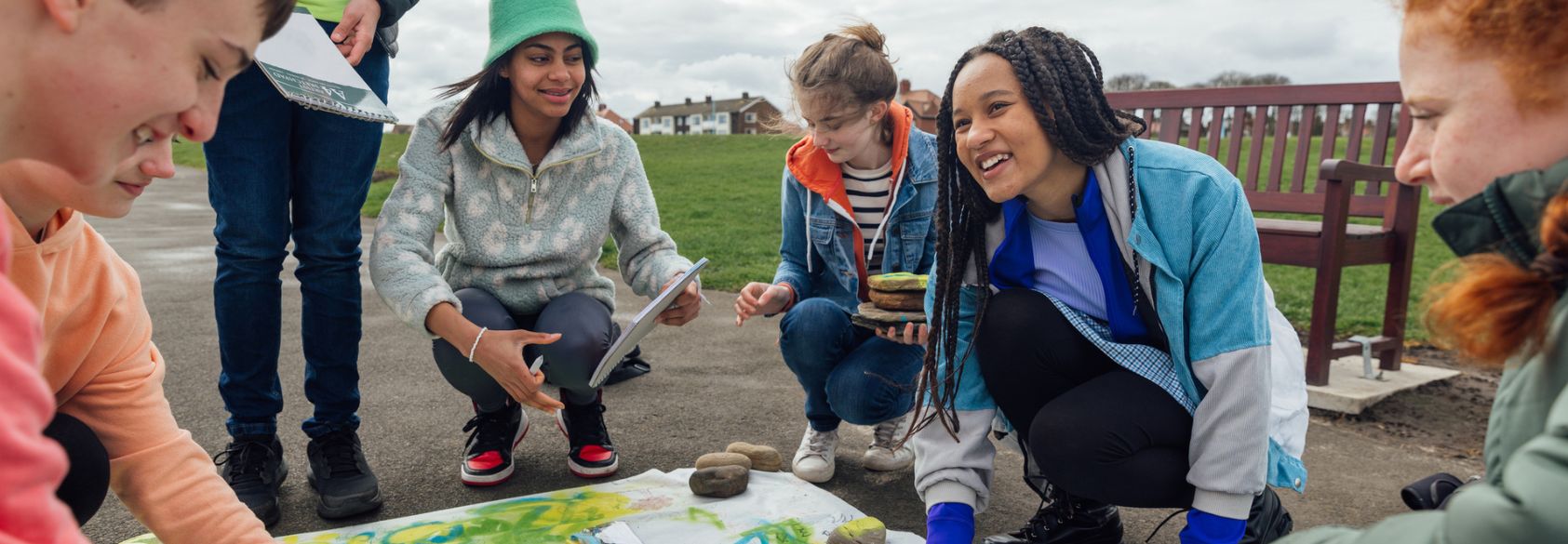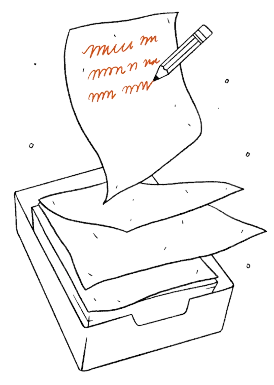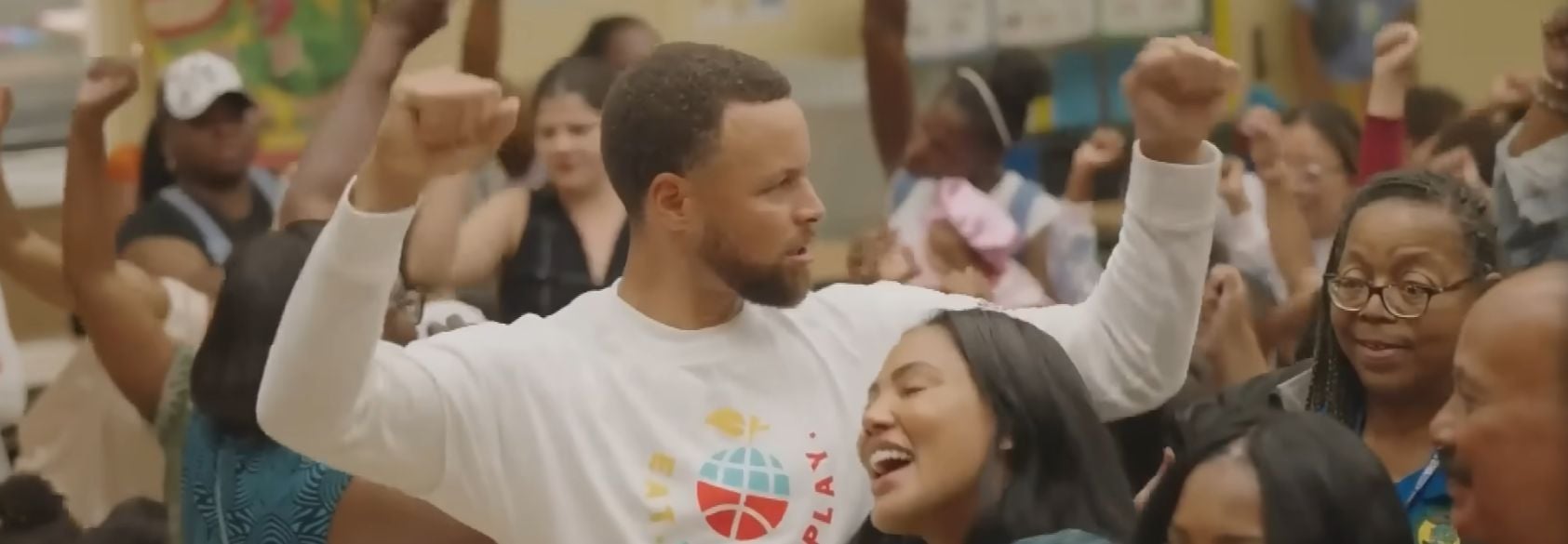Make Climate Education Engaging and Easy
What if your next favorite lesson was just one professional development webinar away?
If you’re an educator trying to teach climate change in a way that feels real, hopeful and doable, you’re not alone. Today’s students aren’t just learning about climate change in theory. They’re living it. From wildfire smoke days to flooded playgrounds, the climate crisis is no longer “someday”—it’s now.
That’s a lot to carry into the classroom.
And let’s be real: Teaching about climate change can feel overwhelming. What if you don’t have a science background? What if parents push back? What if your students are already anxious?
That’s exactly why this year’s 2025 Share My Lesson Virtual Conference leaned into climate education with purpose. These free, for-credit webinars are packed with fresh, cross-curricular ideas that meet students where they are—and give teachers the tools to explore big, sometimes scary, topics in empowering ways.












